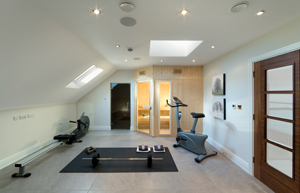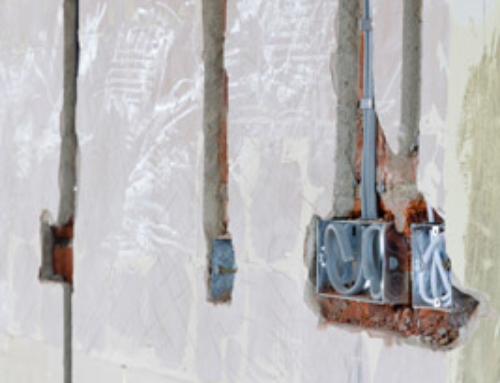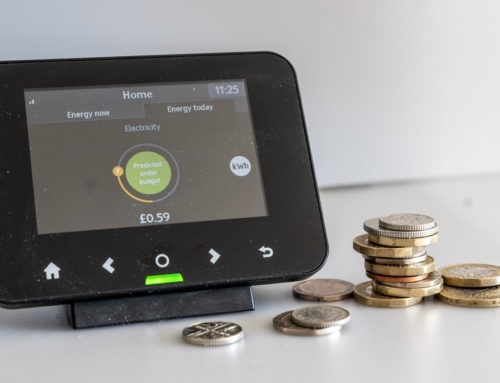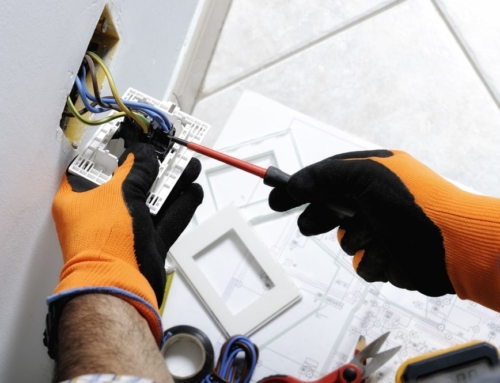
Loft Conversion Electrics
In your home, your sockets are all connected to a ring main. The ring main starts and ends at your fuse board. This wiring system has been in use in the UK since World War II, and in 2013, it’s rare to find a property that has any other type of electrical wiring installed.
In general, all of the domestic appliances you use will draw their power from a ring main. There are a few exceptions to the rule, but they’re mainly high-powered appliances such as boilers or electric ovens.
Why Add a Ring Main?
Normally, your home will have one ring main for every floor. That means all of the sockets throughout one storey will be connected to the same ring main (at least, that’s the case an an average-sized British home).
If you renovate your home and convert the attic or basement, you will almost certainly need to add a new ring main to provide power to the new space. Additionally, you might want to add a new ring main voluntarily if a particular room in your house draws a lot of power. One good example is the kitchen; due to the number of appliances that require electrical sockets, some kitchens are best off on their own ring main so they don’t disrupt the power supply to the rest of the rooms on the same floor.
So if you need a new ring main, how do you go about installing one?
Reasons Not to DIY
When correctly installed and properly maintained, ring mains are trouble-free and work well in loft conversions.
However, there are some drawbacks to ring mains, and these only serve to highlight the reasons why do-it-yourself installations are a bad idea.
- It’s incredibly difficult to detect problems on a ring main if all of your sockets are working OK. Often, you won’t have a clue there’s anything wrong until it’s too late.
- Sloppy installation, and minor mistakes, can lead to safety problems that are potentially very serious. A poorly installed ring main could be a serious fire hazard.
- DIY installers rarely test their new ring main properly – they simply don’t know how to, and because it takes a long time, they’d rarely check the equipment properly.
- Appliances could be physically too close together on the ring main, causing capacity issues with the cables.
- Poor wiring can cause interference with electronic equipment in the home.
Tinkering with electrical installations is always dangerous, but attempting to install your own ring main is seriously unwise. It’s far better to get the job done professionally in the first instance, rather than botching something together that will only have to be ripped out and replaced at a later date.
Ring Main Installation in Surrey
If you need a new ring main for a loft conversion or basement conversion in Surrey, or you simply want to review your existing ring main to ensure it’s safe, MD Bespoke Solutions would be happy to help.
We’re NICEIC registered approved contractors, so you can be confident that the job we do will be professional and our staff will be accountable for their work. MD Bespoke Solutions is also a member of Trustmark, the government scheme that guarantees a job well done. Your ring main installation will be guaranteed for six years, so why take the risk of a dangerous DIY installation?
























